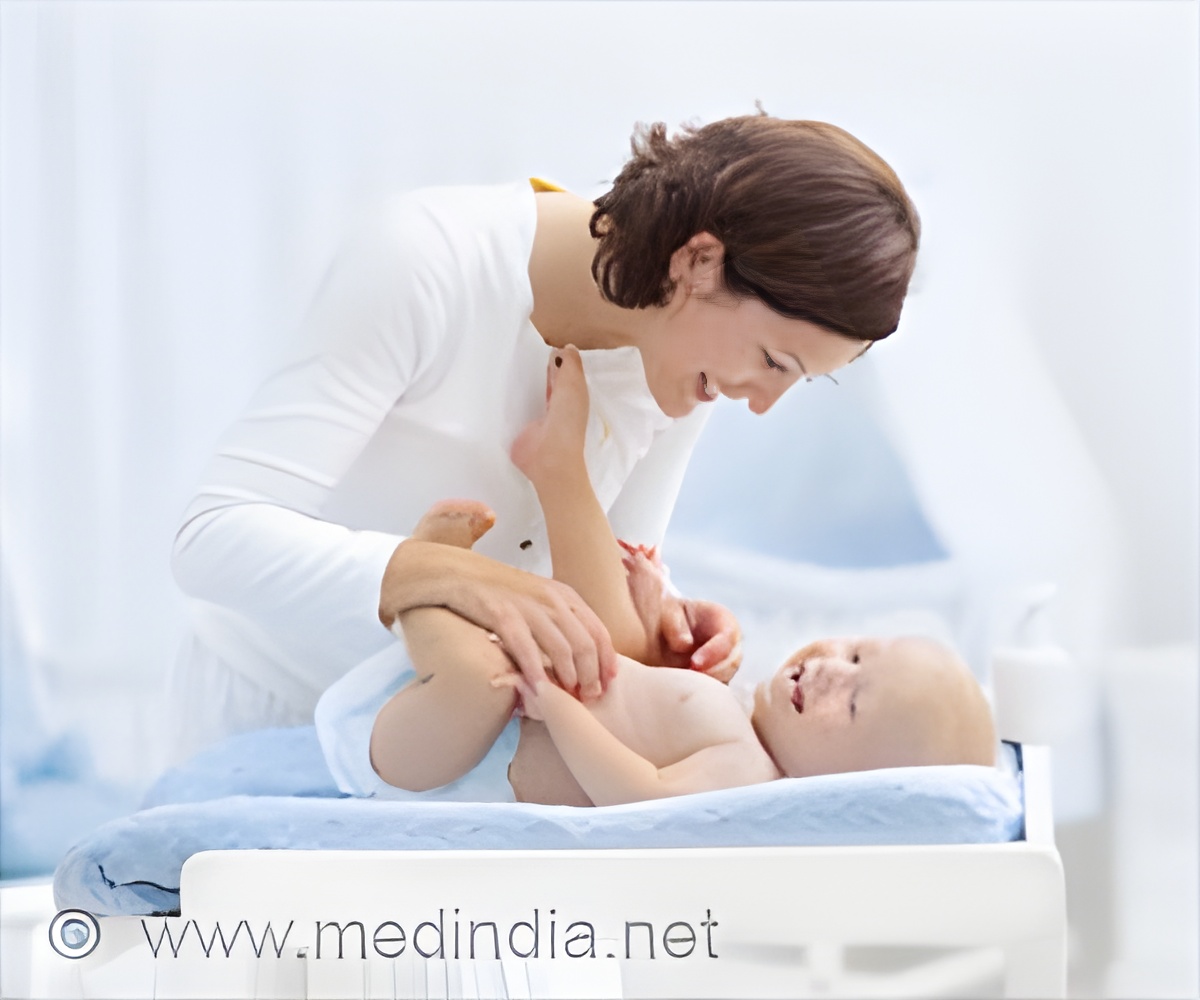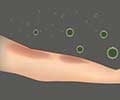
‘After 5.5 months, the babies will gradually start to recognize their mother's profile view faces.’
Tweet it Now
The team also observed that the brain activity of babies enables them to recognize a face regardless of view change. "Mothers caring for their babies are no exception. However, younger babies do not recognize the face in profile. When we communicate with younger babies, we should look straight at the babies' faces," said Ryusuke Kakigi, Professor from the National Institute for Physiological Sciences in Japan.
For the study, the researchers tested a small group of babies every month during the first three to eight months of their lives.
They first identified developmental changes in babies with regard to the ability to recognize a face from frontal and profile views.
The team measured the babies's brain activity while the baby viewed frontal and profile views of the face using non-invasive near-infrared spectroscopy.
Advertisement
Advertisement









